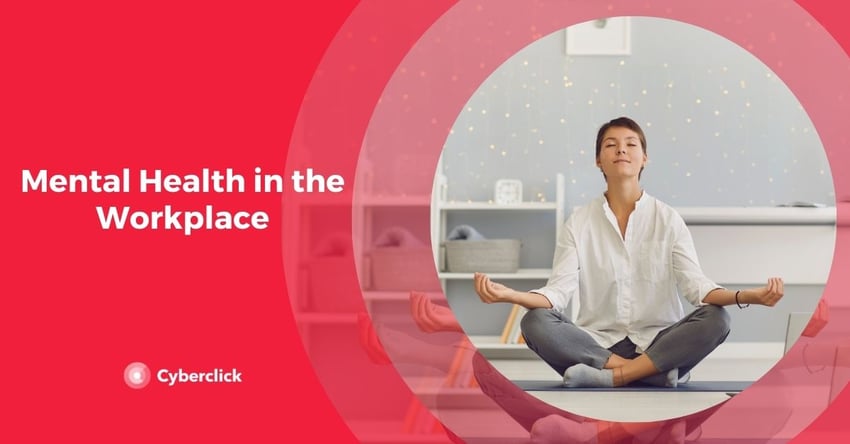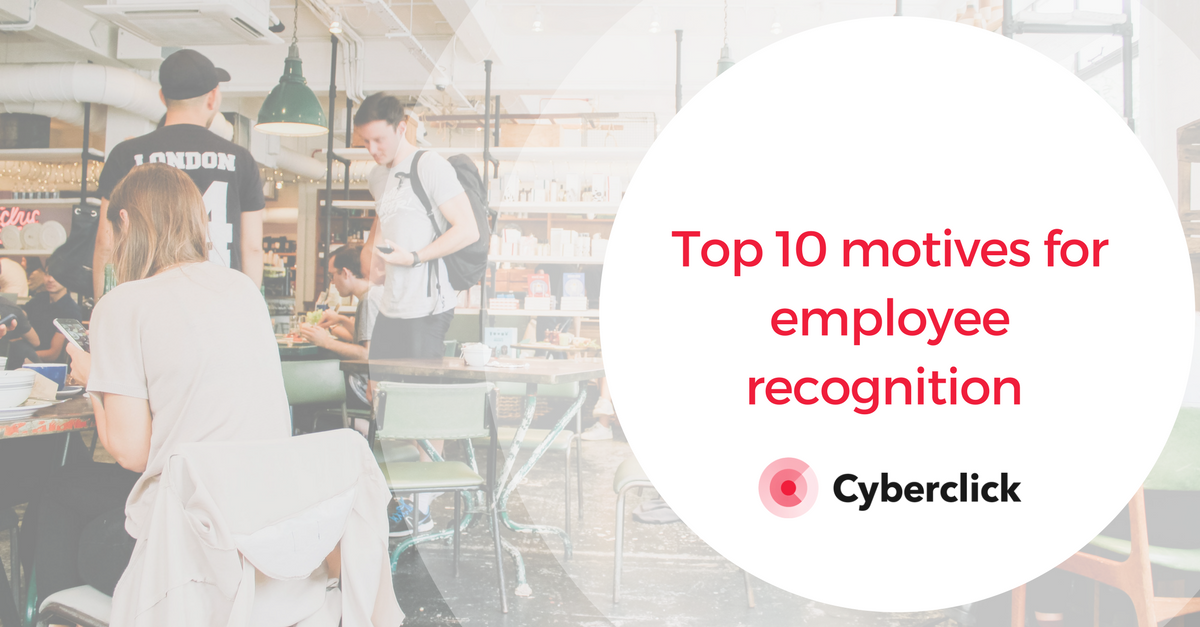Mental health in the workplace is becoming one of the most important topics in today’s business world. There are various reasons for this but many are related to the fallout of the ongoing COVID-19 pandemic. We’re living with a lot of uncertainty and that creates anxiety for many people. Many people have reported a decline in mental health since the pandemic began. This includes stress, anxiety, depression, and other afflictions.
Why It’s Important and How It Impacts Business
Mental health problems have clear and obvious impacts on individuals, families, businesses, and society as a whole. Over 300 million people globally are said to be depressed although the actual number is probably much higher, especially with stresses caused by COVID. 1 in 5 people in the US deal with mental issues annually, a number we simply cannot ignore.
There are a number of consequences poor mental health can lead to such as:
- Reduced productivity
- Poor communication
- Reduced focus and follow through
- Forgetfulness
- Low moral
- Increased likelihood of physical health problems
- Increased likelihood of substance abuse
Financially, mental issues have a very clear negative impact. In the US alone, it’s said that depression accounts for around 400 million lost workdays a year. Overall, mental health and addictions cost businesses between $80 and $100 billion annually.
What Signs to Look Out For
As an employer, it’s critical to be available and supportive to employees who are struggling mentally. This includes being able to notice when a worker may be suffering from mental health issues. Noticing the signs might take some time as everyone has an off day here and there. Considering the current pandemic, it’s likely that a good portion of employees are dealing with higher stress levels at the very least.
Signs Someone May be Dealing with Mental Health Issues
- Making uncharacteristic mistakes
- Appearing very tired and disconnected
- Being more irritable than normal
- Lacking motivation and energy
- Having problems with time keeping
- Becoming more introverted and less talkative
6 Ways to Promote Good Mental Health in Your Workplace
As an employer, it’s vital to show workers that you have their best interests in mind. As is so often said, “happy employees equal happy customers.” If employees are in good spirits, they will perform better and be more productive. It’s as simple as that.
There are many things employers can do to help prevent and support mental health issues when they do arise. Most start and end with communication.
Have an Open Door
As a manager or owner it’s important that workers know the door is always open for them. This means being approachable and available when team members need to talk. This could include creating a culture of checking in, where people give regular updates on how they’re doing. Leaders need to give employees the time and space to voice concerns and problems. An open door and an invitation can do wonders.
Be Vulnerable
For leaders it can also help to show their vulnerable side. Business leaders deal with an incredible amount of stress and face their own mental health hurdles. Speaking to employees about personal experiences can open the door for them to feel comfortable enough to share. Being vulnerable also builds closer, more intimate relationships and creates deeper connections within a team.
Offer Activities and Relaxation Services
Employee perks and benefits can include access to physical activities which have been proven to improve mental health. This could be access to a nearby gym, a trainer or masseuse who comes to your workplace, a meditation group that meets regularly, or even a rest and relaxation room. There are plenty of options for employers to choose from. The point is to provide spaces and opportunities for people to decompress and release stress.
Offer Health Care for Mental Issues
Many businesses offer some sort of health plan. Making sure counseling and therapy are included in these plans is a big step forward. Whether fully covered or with low out-of-pocket cost, offering these services builds a supportive and empathetic environment. A third-party counselor or therapist could also visit or be referred to interested employees.
Provide and Distribute Mental Health Awareness Material
Many mental health problems are still stigmatized. By distributing materials and having them available in public spaces, employers can start the conversation and open a dialogue about mental health struggles without creating uncomfortable or awkward situations. This material could be in the form of brochures or even a workshop put on by a 3rd party expert. The point is to open a dialogue and create the space for people to be heard.
Create a Suggestion Group
This could be a virtual or in-person group where workers can suggest books, podcasts, social media accounts, or any other resource for stress management and mental wellness. We’ve all read, watched, or heard media that encouraged us to push through when times were tough. This can be a designated place for sharing and keeping mental wellness resources.
Managing Mental Health During Covid-19
As we all know, COVID-19 has created additional challenges in our professional and private lives. These challenges create stress and the general uncertainty lingering in the background has generated low-grade distress and depression in many people. 66.9% in fact, have reported higher stress levels since the outbreak of the pandemic. Fortunately, there are techniques we can use to help manage and treat these negative side effects.
Aside from the strategies shared above, here are a few ways to promote better mental health during the pandemic.
Be Flexible
People are experiencing significant changes to schedules and lifestyles. Those who have children may need to adjust their shifts in the workplace or care for others who have been affected by the pandemic. Some might just need a mental health day. Employers need to provide flexible options for their workers and understand that work cannot always come first.
Enforce COVID-19 Restrictions with Empathy
Workplace restrictions may include wearing a mask, hand sanitizing, social distancing and/or separated workstations. Whatever they may be, it’s important to add a human touch to these new realities. People still need to communicate and not feel alienated or isolated. This can be achieved by discussing how these measures make people feel and how they could be managed better. That being said, making sure that the workplace is properly cleaned and that appropriate measures are taken can be a huge reliever of anxiety in itself. Some people have serious and very legitimate fears surrounding hygiene at the moment.
Create a Culture of Unity and Strength in Adversity
Tensions have been high as of late and it’s vital that team members maintain a sense that they're ‘in this together’. This can be encouraged through regular team meetings and check-ins where people offer support to each other and develop a sense of overcoming adversity as a cohesive unit. The workplace is where people spend most of their waking hours, so it pays off to have it be a safe and welcoming environment.
Have a Suggestion Box
Sometimes people would like to share or suggest something anonymously. A suggestion box allows people to voice their opinions without fear of judgment or retribution. Aside from being just mental health or COVID-19 idea, suggestion boxes are an excellent source of real feedback for business leaders. Oftentimes employees aren’t included in decision making or company changes. This gives them the platform to speak their minds.
Stay Updated on Major Developments
While it’s recommended to limit exposure to media because of its tendency to increase stress, it’s important for leaders to stay informed of current events. Being in the know about COVID-19 developments allows leaders the opportunity to predict and prepare for increased mental health issues that may arise.
Mental health has become one of the most discussed topics both in business and in pop culture. Many prominent figures have come forth with their own struggles around mental health, increasing societal acceptance of mental disorders. The same should happen in the workplace.
Employers must provide an environment where people can share their struggles and feel supported by their colleagues and leaders. This begins with increased empathy, clear communication structures, and a support system in place to prevent and help manage mental problems.
CEO y cofundador de Cyberclick. Cuenta con más de 25 años de experiencia en el mundo online. Es ingeniero y cursó un programa de Entrepreneurship en MIT, Massachusetts Institute of Technology. En 2012 fue nombrado uno de los 20 emprendedores más influyentes en España, menores de 40 años, según la Global Entrepreneurship Week 2012 e IESE. Autor de "La empresa más feliz del mundo" y "Diario de un Millennial".
CEO and co-founder of Cyberclick. David Tomas has more than 25 years of experience in the online world. He is an engineer and completed an Entrepreneurship program at MIT, Massachusetts Institute of Technology. In 2012 he was named one of the 20 most influential entrepreneurs in Spain, under the age of 40, according to Global Entrepreneurship Week 2012 and IESE. Author of "The Happiest Company in the World" and "Diary of a Millennial".







Leave your comment and join the conversation